Belarus President Lukashenko says “It’s better to be a DICTATOR, than GAY.”
Belarus President Lukashenko Says “It’s Better to Be a Dictator Than Gay”: A Controversial Statement and Its Implications
In a statement that has sparked widespread outrage and debate across the globe, Belarus President Alexander Lukashenko recently remarked, “It’s better to be a dictator than gay.” The controversial comment, made during a public speech, has drawn condemnation from human rights organizations, LGBTQ+ advocates, and international leaders, who have criticized the Belarusian leader for his disrespectful and harmful rhetoric.
Lukashenko, often referred to as “Europe’s last dictator” due to his long-standing and autocratic rule, has a history of making provocative statements. However, this latest remark has raised eyebrows not just for its tone but also for its broader implications regarding human rights, LGBTQ+ rights, and international relations. In this blog post, we’ll examine what Lukashenko’s comment means, the context in which it was made, and its potential impact on both Belarus and the global community.
Understanding Lukashenko’s Statement
Alexander Lukashenko’s controversial remark came during a speech where he was discussing the challenges of ruling Belarus. Known for his authoritarian leadership, Lukashenko has been in power since 1994, maintaining tight control over the country’s politics, media, and civil society. His regime has been criticized for its crackdown on political opposition, restrictions on free speech, and human rights violations.
In the context of his recent comment, Lukashenko seemed to compare the idea of being a dictator to being part of the LGBTQ+ community, stating that it is preferable to be a dictator than to belong to a marginalized group. The comment was met with swift backlash, especially from LGBTQ+ organizations, who saw it as a harmful and discriminatory statement that reinforces negative stereotypes about the LGBTQ+ community.
The Political Context of Lukashenko’s Rule
To fully understand the significance of Lukashenko’s comment, it’s important to examine the political landscape of Belarus. Lukashenko has maintained a tight grip on power for decades, regularly holding elections that critics claim are neither free nor fair. He has faced multiple protests, especially after the 2020 elections, which many viewed as rigged. The government responded to these protests with violence and repression, leading to widespread condemnation from international organizations and human rights groups.
Lukashenko’s comments about dictatorship also reflect his views on authoritarian governance. Throughout his tenure, he has cultivated a reputation for being an uncompromising leader who prioritizes control over personal freedoms. His leadership style is often characterized by a disregard for democratic values, and he has been reluctant to engage in meaningful reforms or dialogue with the opposition.
In this light, his comments about being a dictator could be seen as a reflection of his contempt for democratic principles and his desire to project strength, even if it means insulting marginalized groups in the process.
The Harmful Nature of the Comment
The statement “It’s better to be a dictator than gay” is not just politically charged; it is deeply discriminatory and reinforces harmful stereotypes about both dictatorship and the LGBTQ+ community. By suggesting that being a dictator is preferable to being gay, Lukashenko is, in effect, dehumanizing LGBTQ+ individuals and perpetuating the idea that their lives and identities are inferior or less valuable.
This sentiment is particularly dangerous given the precarious position of LGBTQ+ rights in Belarus. The country has historically been less progressive on LGBTQ+ issues compared to many other European nations. Same-sex relationships are not criminalized in Belarus, but LGBTQ+ people often face discrimination and violence, and there is no legal recognition of same-sex couples or protections against discrimination. Lukashenko’s comments add to this hostile environment, sending a message that being LGBTQ+ is something to be ashamed of or inferior.
Furthermore, comparing dictatorship to homosexuality undermines the very notion of human rights. Dictatorships, by definition, are systems of government where power is concentrated in the hands of a single leader who exercises absolute control. Dictatorships are often marked by repression, violence, and suppression of freedoms, whereas LGBTQ+ rights are about advocating for equality, acceptance, and the basic dignity of all people, regardless of their sexual orientation or gender identity.
The Global Backlash: International Reactions
Lukashenko’s comments have drawn criticism from numerous international leaders, human rights organizations, and LGBTQ+ advocacy groups. Many have called out the Belarusian president for using his platform to promote bigotry and intolerance.
- LGBTQ+ Advocacy Groups: Organizations such as ILGA-Europe and Human Rights Watch have condemned Lukashenko’s statement, emphasizing that such rhetoric contributes to violence and discrimination against the LGBTQ+ community. They argue that leaders should use their influence to foster inclusion and respect for diversity, not to perpetuate hate.
- European Union and Western Nations: The EU, which has long had a strained relationship with Lukashenko due to his authoritarian rule and human rights record, expressed strong disapproval of the comment. Many European nations have already imposed sanctions on Belarus in response to the government’s actions during the 2020 protests, and this latest remark is likely to further strain relations between Belarus and the West.
- Diplomatic Repercussions: While the comment may be seen by some as just another example of Lukashenko’s inflammatory rhetoric, it could have serious diplomatic consequences. Belarus is already facing international isolation, and statements like this may push the country further out of the global community. If Lukashenko continues to alienate both democratic nations and human rights organizations, it could limit Belarus’s ability to engage in trade, diplomacy, and security partnerships in the future.
The Bigger Picture: Dictatorship and Human Rights
Lukashenko’s comment is not just an isolated instance of harmful rhetoric. It is a reflection of broader political trends in Belarus and many other autocratic regimes around the world. The statement highlights how authoritarian leaders often engage in divisive rhetoric to consolidate power and distract from issues of governance or human rights violations. By framing themselves as the solution to problems, these leaders often attempt to undermine democratic principles and marginalize vulnerable groups.
For LGBTQ+ individuals living in Belarus, Lukashenko’s statement further underscores the difficult reality of navigating life in a country where their rights and identities are not fully recognized or respected. The remark may also have wider implications for the LGBTQ+ community in Eastern Europe, where progress on LGBTQ+ rights has been uneven and, in some cases, regressed.
Final Thoughts: The Path Forward
Lukashenko’s recent comment highlights the need for continued efforts to promote human rights, LGBTQ+ equality, and democratic values in Belarus and around the world. While the president’s words may be seen as an attempt to appeal to his political base, they also serve as a reminder of the challenges faced by marginalized communities in authoritarian regimes.
The global backlash against Lukashenko’s statement signals that the fight for LGBTQ+ rights and human dignity is far from over. As nations continue to condemn this kind of rhetoric, it is essential to ensure that such hateful and discriminatory statements are met with resistance and that the push for equality and inclusion remains at the forefront of international conversations.
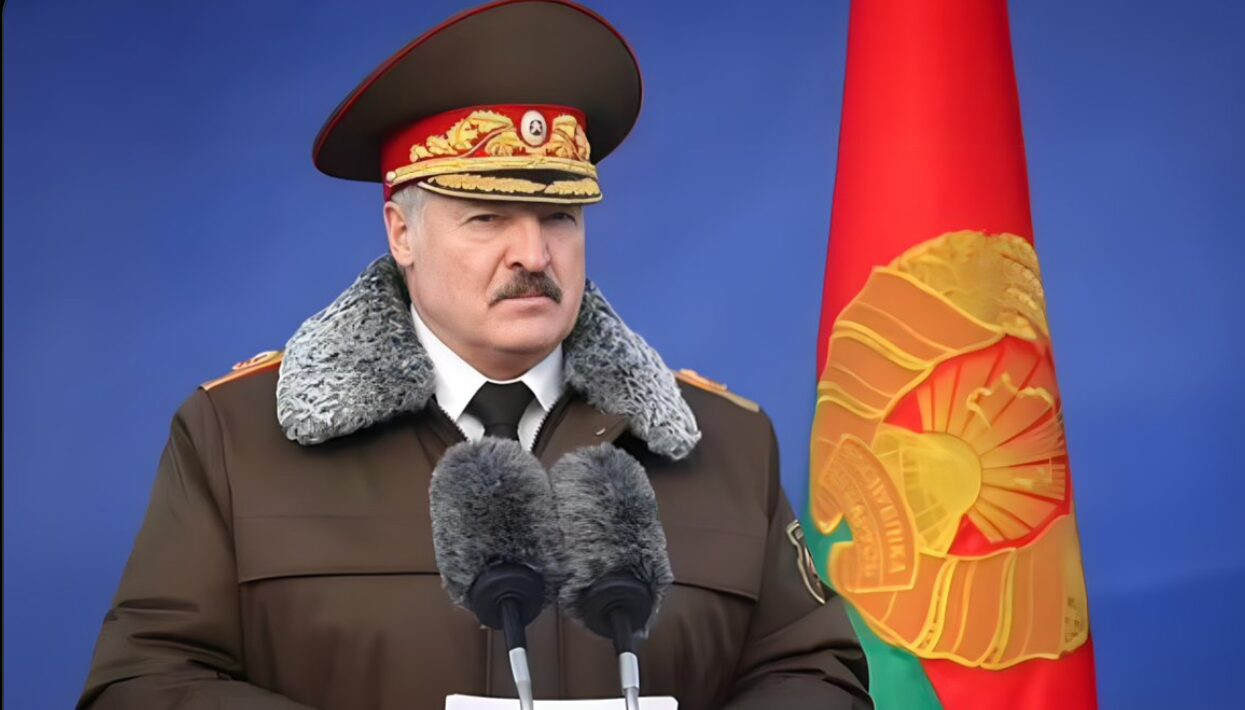

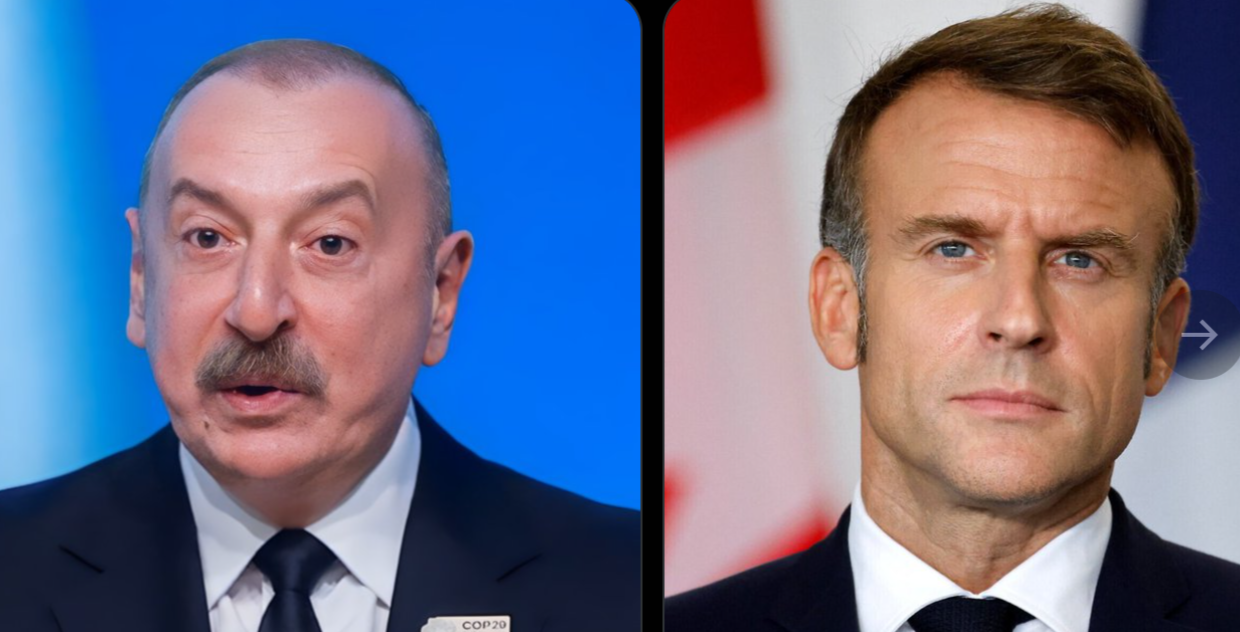
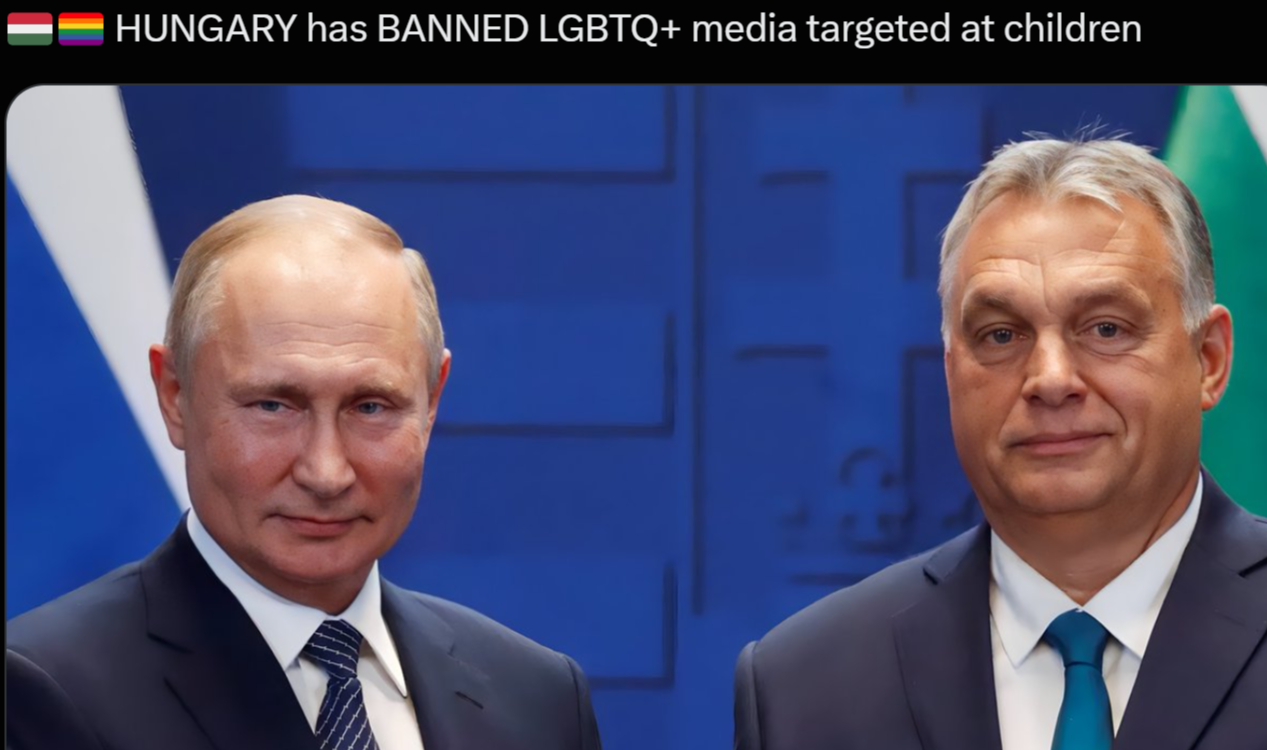
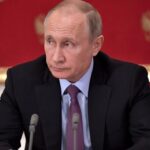

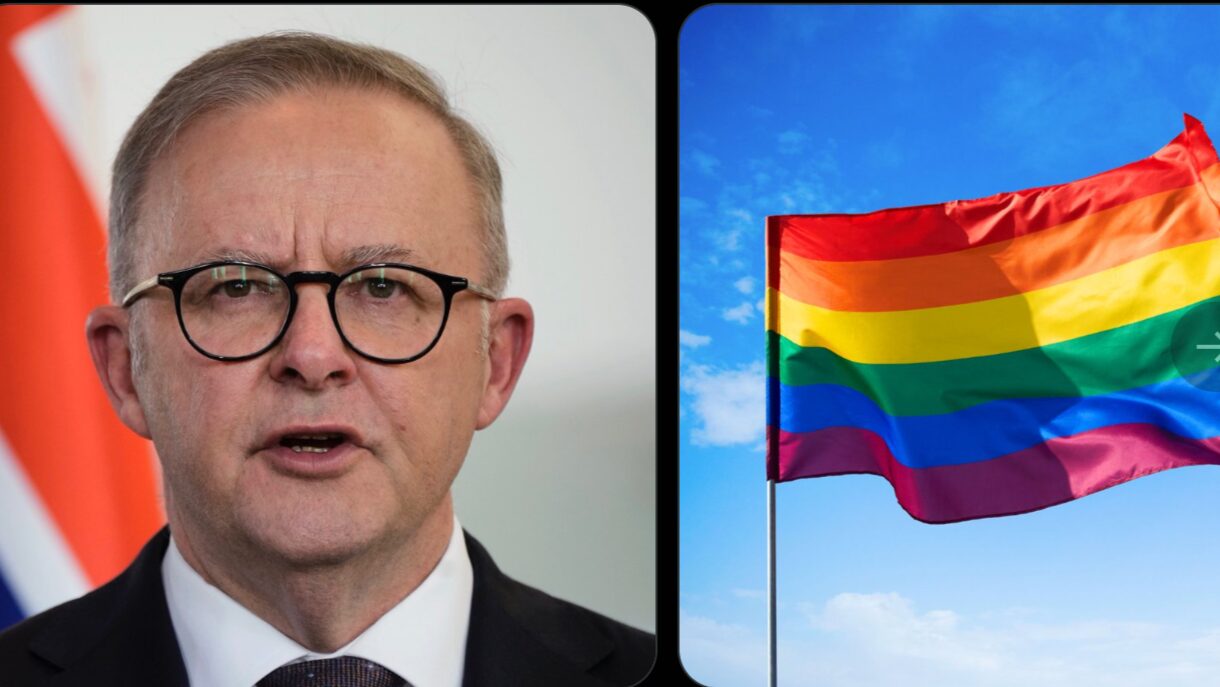




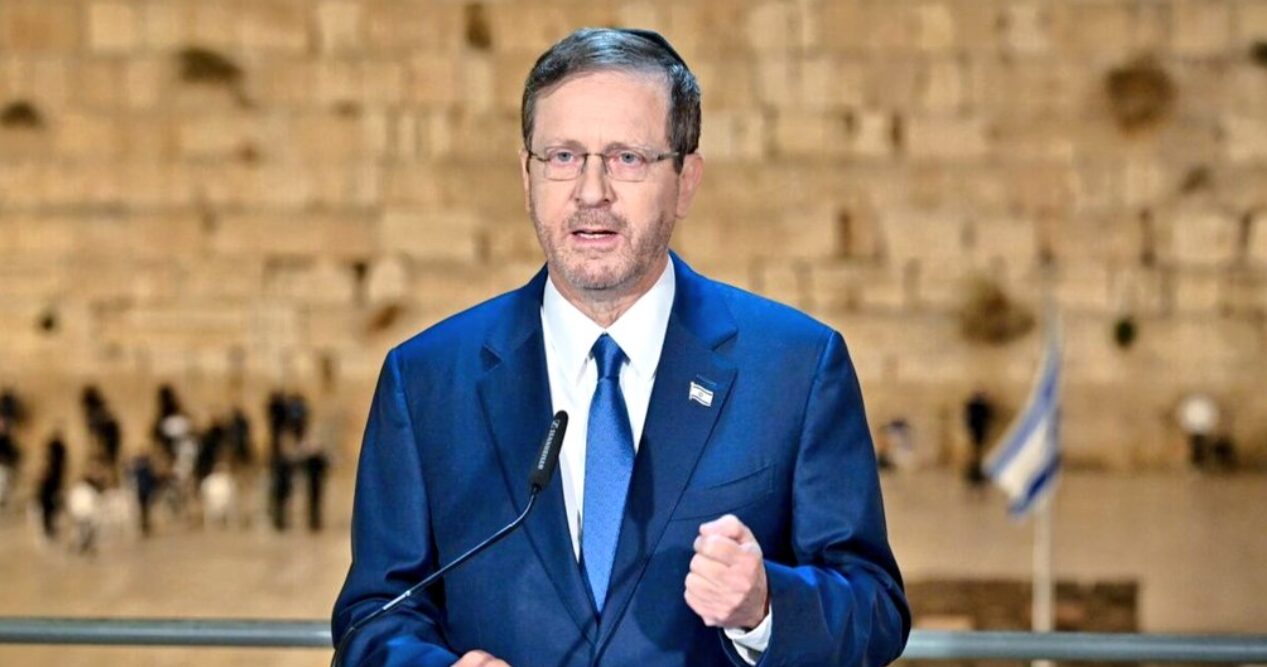





Post Comment